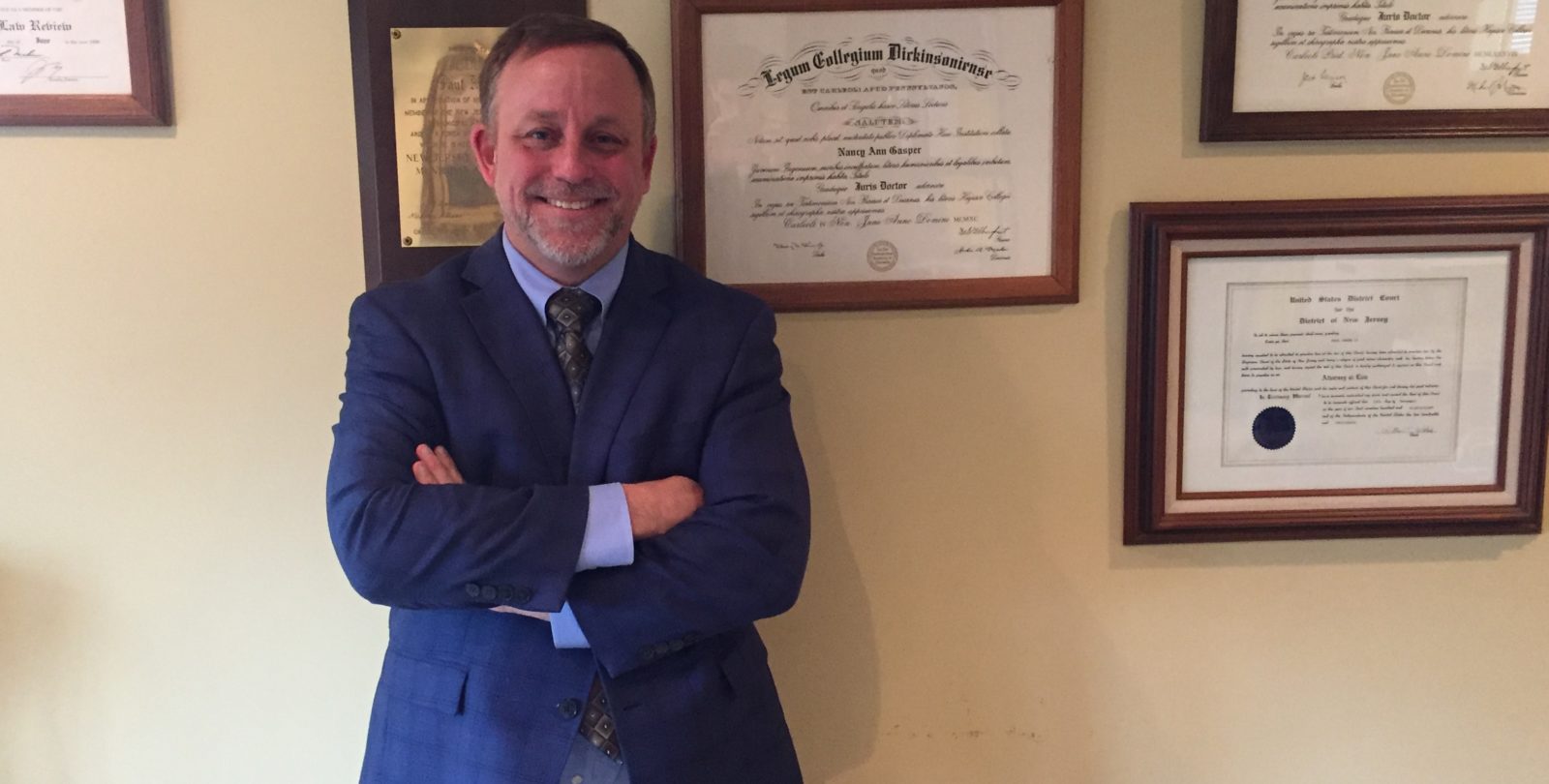In today’s world, many homeowners are increasingly concerned about maintaining optimal system health within their residences. One of the key aspects of this maintenance involves addressing issues like pipe corrosion and mineral buildup. As water quality varies, understanding how specific treatments can alter the dynamics within plumbing infrastructure becomes essential.
Without proper intervention, households may face significant challenges stemming from these issues. Mineral buildup, for example, can lead to reduced water flow and increased pressure on pipes, while pipe corrosion may result in leaks and costly repairs. By examining the effects of various water treatment options, homeowners can make informed decisions that enhance the longevity and efficiency of their plumbing.
Ultimately, prioritizing system health not only safeguards the plumbing but also ensures a safe and comfortable living environment. As we delve deeper into this topic, it becomes clear that the relationship between water treatments and plumbing systems is a critical consideration for every homeowner.
Assessing the Long-term Benefits of Water Softening on Pipe Integrity
Investing in water treatment solutions can significantly enhance system health, particularly when it comes to preserving the integrity of your plumbing infrastructure. One of the primary advantages of utilizing water softening techniques is the reduction of pipe corrosion, a common issue that affects many households due to high mineral content in water.
Corrosion can lead to serious problems, including leaks and diminished water quality. By addressing the hardness of the water, water softening devices help mitigate the build-up of scale and deposits that can compromise pipe longevity. Over time, this translates into fewer repairs and replacements, ultimately saving homeowners money.
https://noproblemplumbingandrooting.com. https://noproblemplumbingandrooting.com
Evaluating Cost Implications of Installing Water Softeners in Older Plumbing
When considering the addition of a softening system to aging pipe networks, it’s crucial to analyze financial factors that may surface following installation. One significant advantage is the reduction of mineral buildup within pipes, which can lead to costly repairs and replacements over time. By helping to mitigate scale accumulation, investment in a softening solution can result in fewer maintenance expenses and prolong overall system health.
Another point to consider is the potential for decreased pipe corrosion. Hard water is notorious for contributing to the deterioration of metal pipes, leading to leaks and failures that necessitate expensive replacements. By lowering mineral content, softening technology may extend the lifespan of the existing plumbing infrastructure, translating into long-term savings.
Moreover, it’s beneficial to assess energy usage when introducing a softening unit. Softened water often enhances the efficiency of water heaters and other appliances, reducing energy bills over time. Initial costs associated with these solutions should be weighed against potential savings accrued through improved device performance and longevity.
Ultimately, while there may be an upfront investment involved, evaluating the financial benefits of reducing maintenance needs, minimizing pipe degradation, and improving energy efficiency can provide a clearer picture of the cost implications associated with enhancing an older plumbing setup.
Identifying Common Plumbing Issues Caused by Hard Water and Their Solutions
Hard minerals in H2O can lead to various complications within a pipe network, affecting overall system health. One prevalent issue is limescale buildup, which occurs when calcium and magnesium precipitate out of solution, forming hard deposits that can block pipes and reduce water flow.
Solution: Regular descaling agents or professional cleaning can help remove these deposits. Incorporating water softeners can prevent future occurrences by reducing mineral concentrations.
Another significant concern is pipe corrosion, often accelerated by hard deposits that create localized areas of damage. This deterioration weakens the structural integrity of the piping, leading to leaks and water wastage.
Solution: Routine inspections can flag potential corrosion issues early. In conjunction with a proper water softener installed, it is possible to significantly extend the lifespan of the plumbing infrastructure.
Additionally, fixtures such as faucets and showerheads may suffer from mineral buildup, leading to decreased efficiency and aesthetic concerns. Clogged aerators are a common result, impacting both flow rate and pressure.
Solution: Periodic cleaning of fixtures and replacing aerators can restore function. Utilizing water softeners in the entire system mitigates this challenge, ensuring smooth operation and improved aesthetics over time.
Lastly, hard H2O can cause problems with appliances like dishwashers and water heaters, often leading to reduced efficiency and premature failure. The accumulation of scale in heating elements can hamper performance significantly.
Solution: Regular maintenance and the installation of an effective water softener can protect these appliances, ensuring they operate efficiently and last longer.

